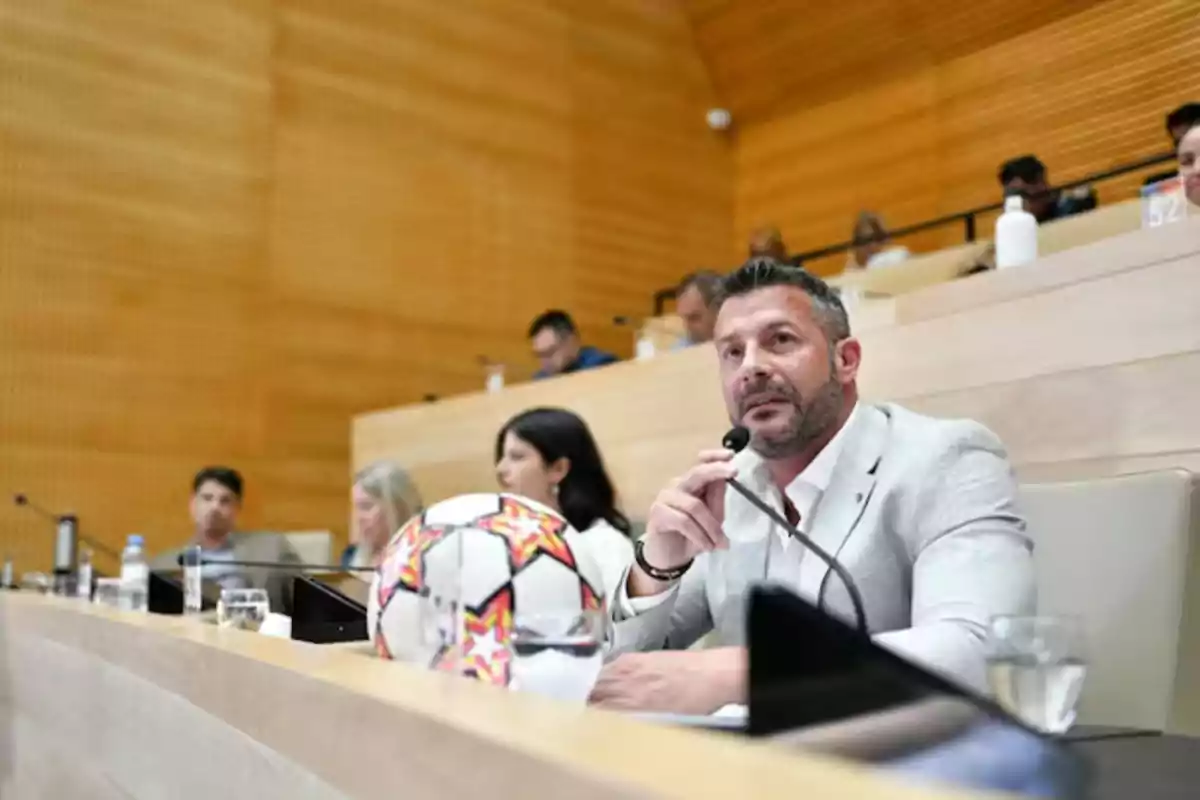
Córdoba reactivates the Climate Parliament to enforce the 2030 Agenda
The provincial ruling party is promoting a progressive agenda disguised as environmentalism and is confronting the national government
Córdoba will host the so-called Climate Parliament, an organization created in 2017 that has almost never functioned. On September 12, it will convene at the provincial Legislature, under the presidency of the pro-government Abraham Galo. The initiative is part of the promotion of the 2030 Agenda, criticized for imposing international regulations contrary to national interests.
The official slogan states that the provinces "pay tribute to Pope Francis," but the underlying motive is political. The meeting seeks to present an opposition bloc to President Javier Milei, who questioned the validity of the Paris Agreement. The provincial government aims to shield the progressive environmental agenda from the common sense of the national government.
The organization promises continuity with three annual sessions, something that has never been fulfilled since 2017. Córdoba and other provinces already signed a climate pact last July, also in the provincial capital. Behind the green rhetoric, the goal is to create a parallel power structure to the national State.
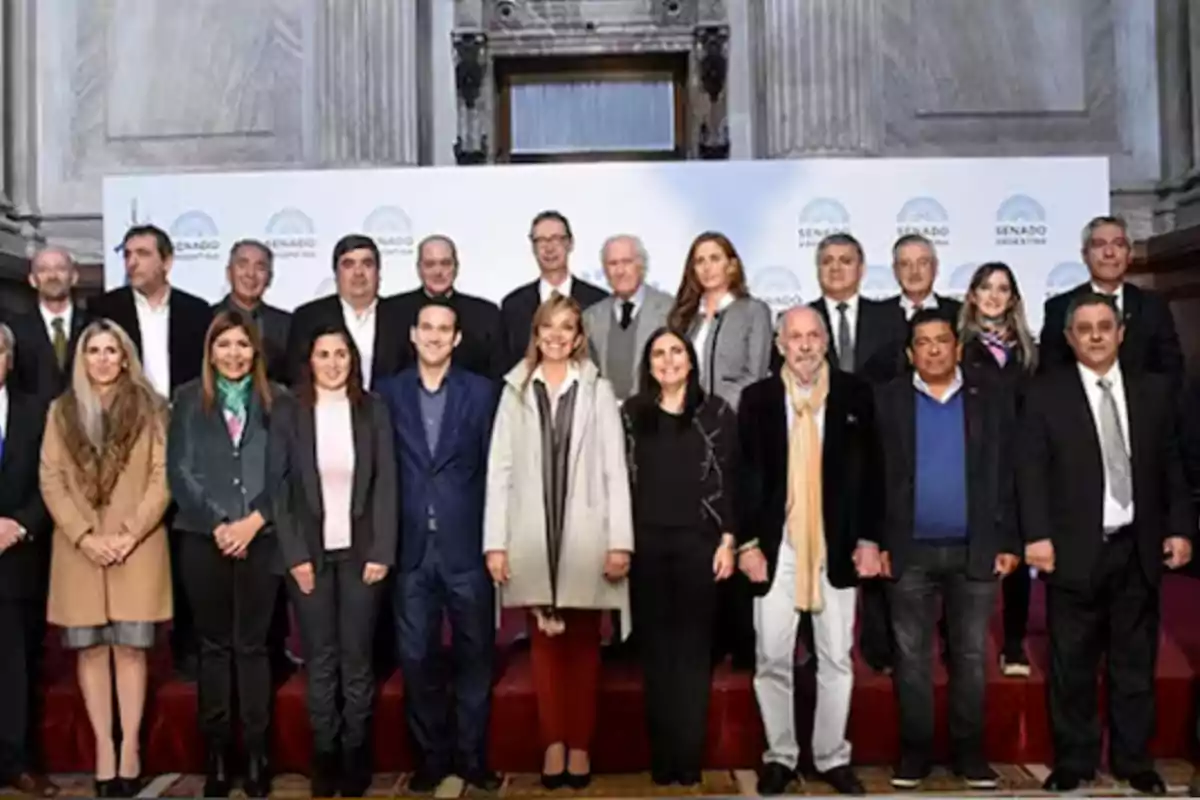
Provinces against Casa Rosada
The organizers aim to maintain Argentina's presence at COP 30 in Brazil, although the national government decided not to send delegates. Provincial legislators and South American leaders will meet to agree on a common strategy. The central message is that, if the nation steps aside, the provinces claim the role of "representing" the country.
The contrast is clear: while Milei seeks to limit international bureaucracy, Córdoba promotes global agreements with a strong ideological component. The environmental agenda promoted by the province responds more to foreign NGOs than to local productive needs. In the name of ecology, new obstacles for agriculture and industry are justified.
The insistence on the 2030 Agenda appears as a hallmark of provincial progressivism. That roadmap imposes regulations and goals that compromise the sovereignty of national resources. For Córdoba, the climate narrative serves more as a tool for political confrontation than as a serious public policy.
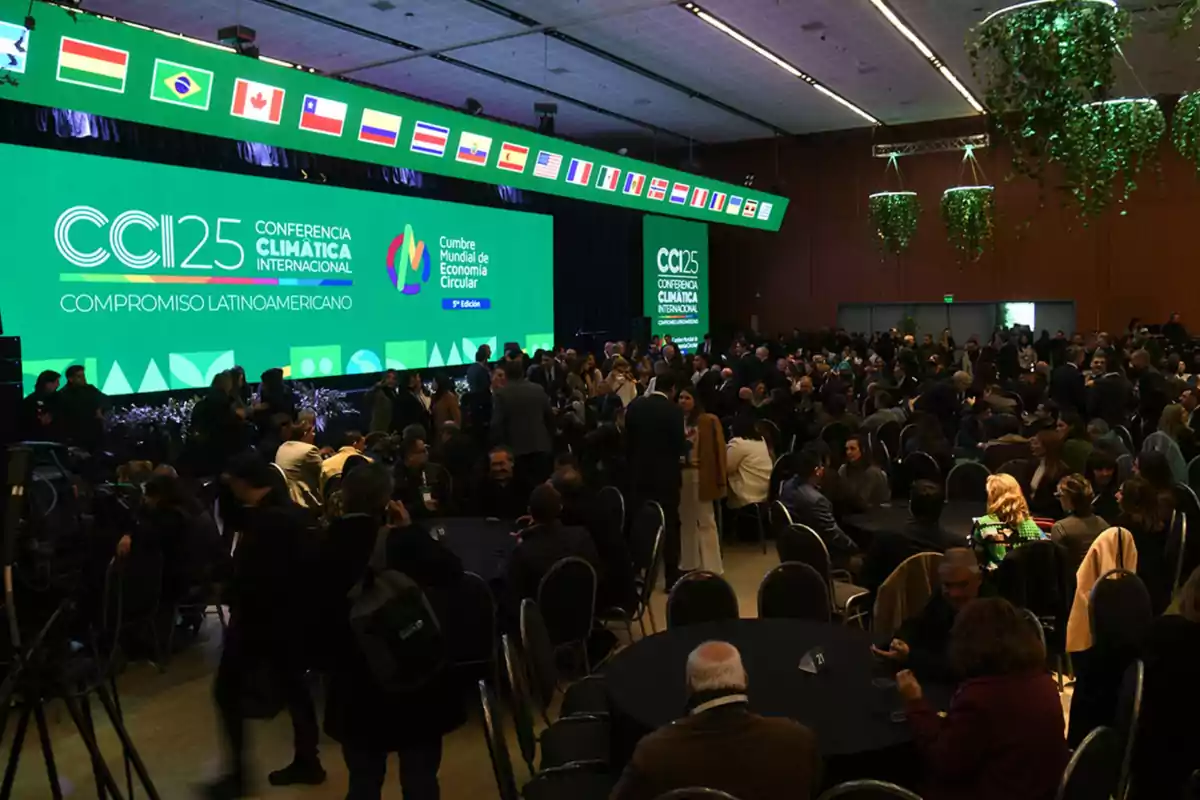
Green agenda and hidden costs
The government insists that the Paris Agreement enables international financing. However, those lines of credit require conditions that subordinate the local economy. Accepting those rules means ceding sovereignty to multilateral organizations.
President Milei himself described the environmentalist agenda as "fraud" and denounced the censorship of climate consensus. Argentina's withdrawal from irrelevant forums such as COP 29 made it clear that the national government prioritizes productive interests. Córdoba, meanwhile, seeks to establish a green narrative that serves globalism.
Specialists aligned with the province present environmentalism as an opportunity. In reality, it is a model that punishes the private sector with green taxes, regulations, and controls. Progressivism sells promises of sustainable development that never arrive, while paralyzing producers.
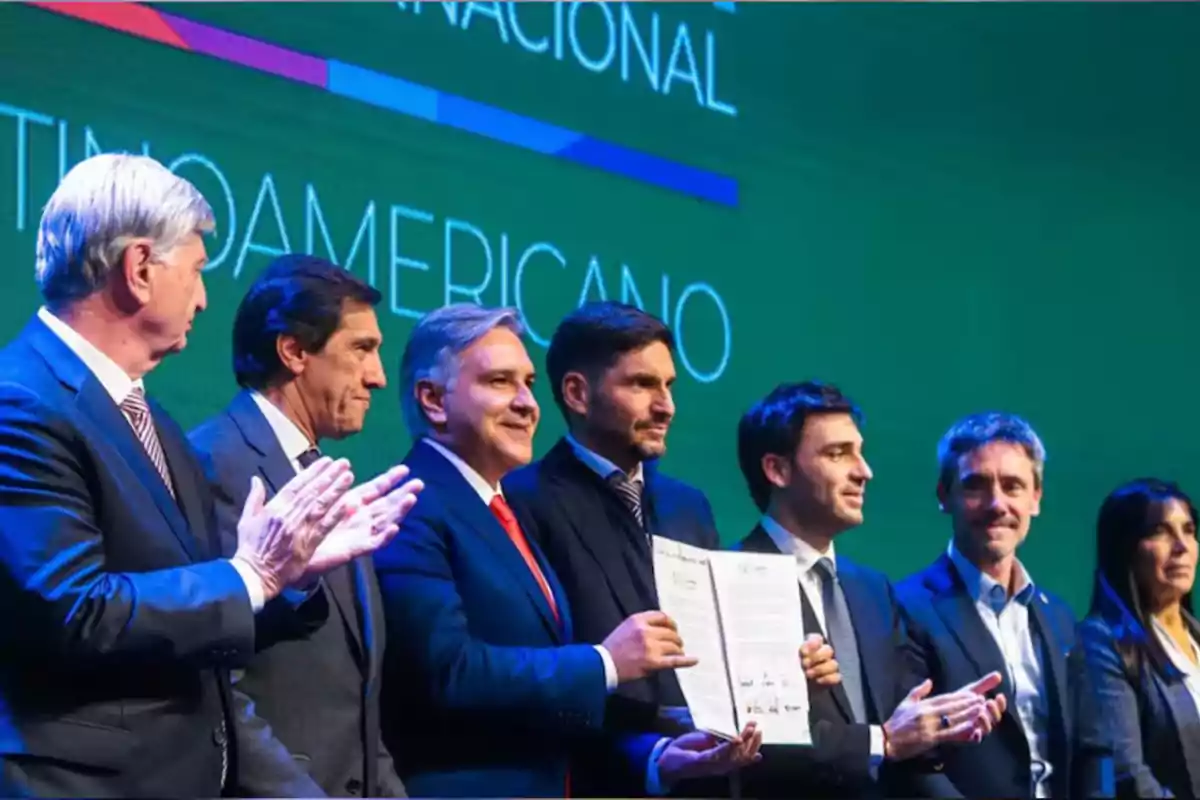
The ideological background
In 2017, the Climate Parliament was inaugurated with a single meeting and never functioned again. Today, it is being revived for political, not environmental, purposes. The provincial government seeks to present itself as a regional leader in the face of a national government that is cutting expenses and bureaucracy.
The political use of Pope Francis's image seeks to add moral legitimacy to a progressive agenda. Instead of solving local problems of poverty and insecurity, the province spends time promoting global climate pacts. Environmentalism is the perfect excuse to hide the lack of management.
Córdoba's progressivism clings to an internationalist discourse that undermines economic sovereignty. While producers struggle with taxes, inflation, and regulations, the Legislature prepares speeches for globalist forums. Córdoba thus positions itself as a bastion of the 2030 Agenda, in open opposition to the national direction.
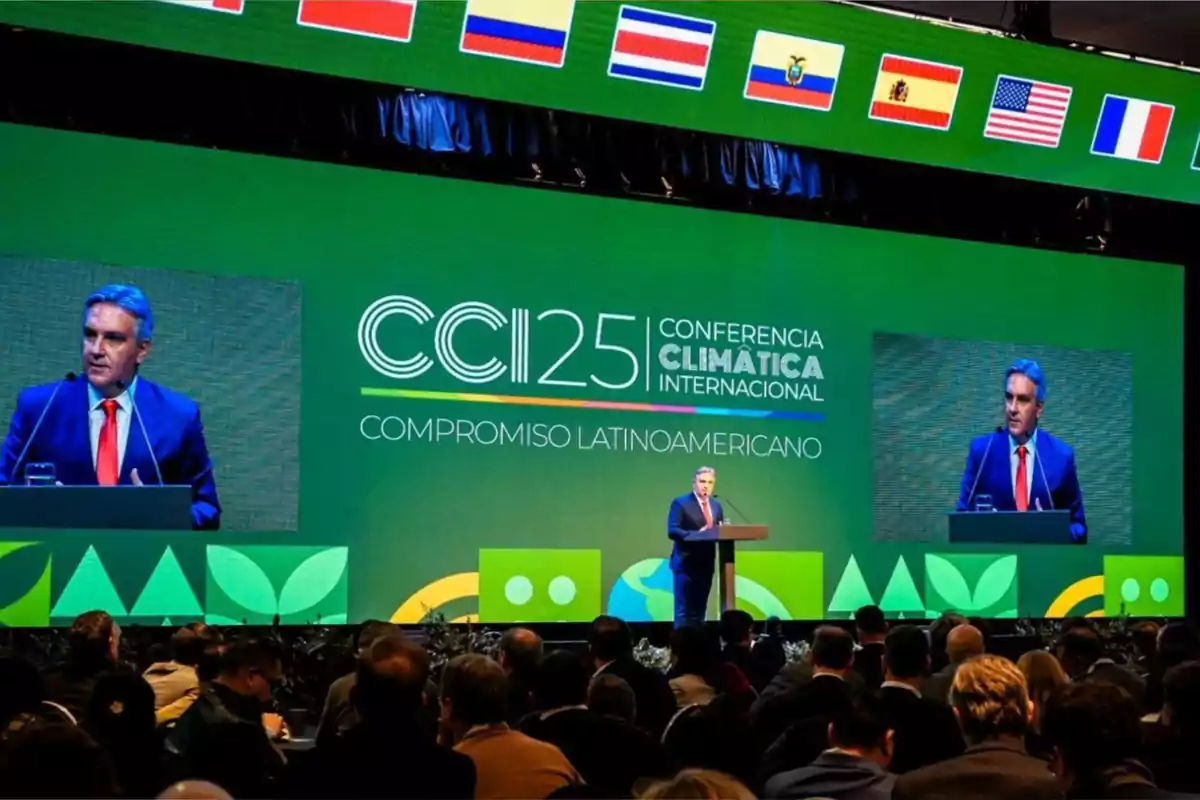
More posts: